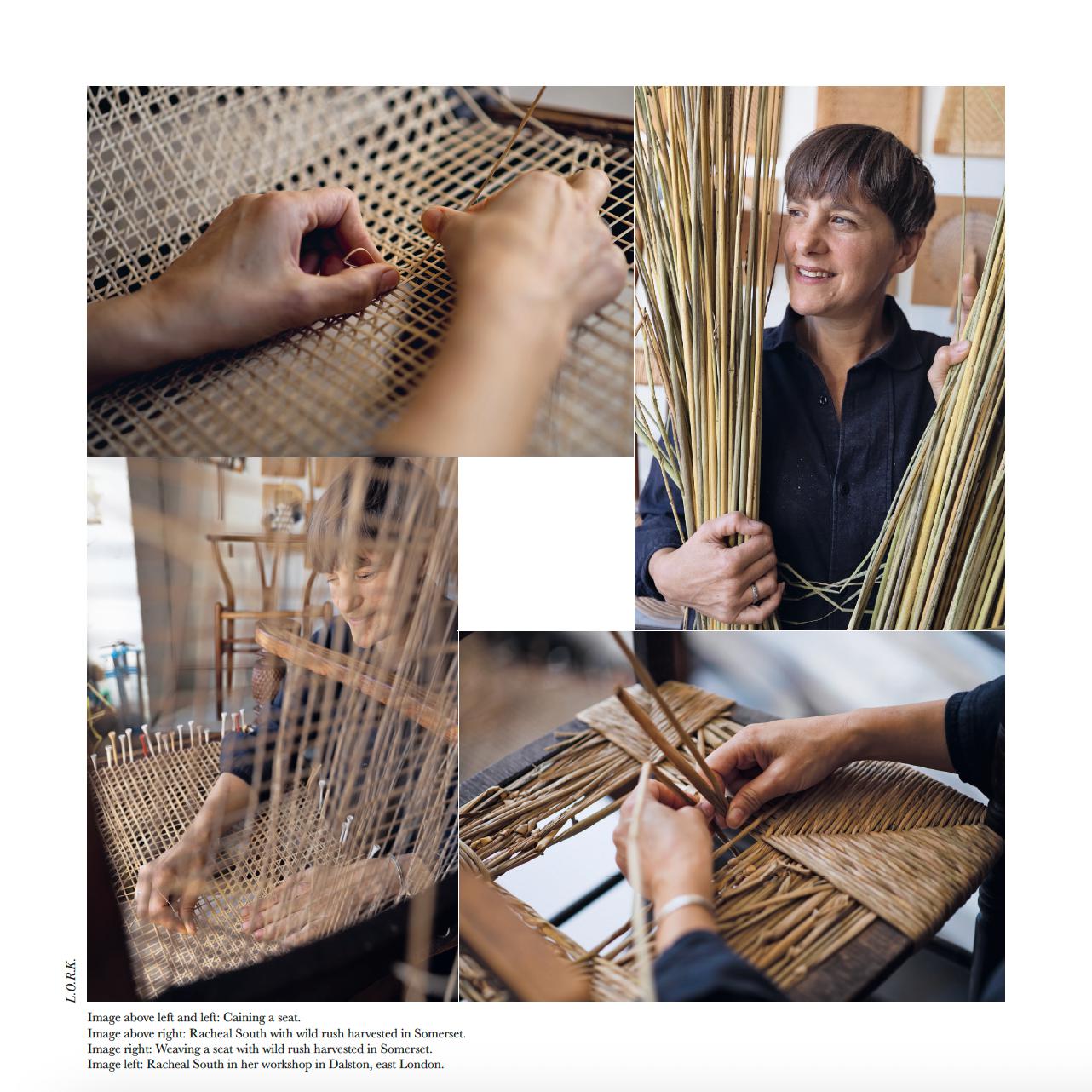Selvedge Issue 114: Regeneration
Selvedge Issue 114: Regeneration
- only 6 left in stock
From Polly Leonard, Founder of Selvedge Magazine:
The industrial revolution transformed the quiet rural backwater of East Lancashire into an engine of textile production at the epicentre of a web that stretched across the globe, commandeering human and environmental resources across continents in a cycle of labour, manufacture, and trade, which we now know is unsustainable. We trace the routes of fibres and fabrics across centuries to and from the north of England, from the so-called “slave cloth,” spun and woven by hand on the Pennine moors, to the bales of used fast fashion that make their way from British High Streets to the markets and toxic mountains of waste in West Africa.
In this issue, we discover that all roads lead to Lancashire, such as the streets of Ahmedabad in Gujarat, India, known as the “Manchester of the East,” and where Mahatma Gandhi found support for his freedom struggle from Indigenous mill owners. Gandhi visited Darwin in 1931 to apologize to the local mill workers affected by his boycott of British goods. Gandhi, in turn, was inspired by the work of Ethel Mairet, who had found inspiration in the handweaving she observed when visiting (Ceylon) Sri Lanka. She, in turn, supported the Bauhaus designer Otti Berger to find work at Helios in Bolton when she fled Nazi Germany in 1936.
The Lancashire landscape and its inhabitants are shaped by the industry that grew over two centuries and has now all but disappeared, leaving an indelible mark on people and places. Using the sites and spaces left by the textile industry, including the Cotton Exchange in Blackburn, as inspiration, context, and venue, we might ask: can making textiles be regenerative? In response, artists from around the world present sustainable relationships between the land, the people who live on it, and the textiles that come from it, investigating pre-industrial models from homegrown, handspun flax in Blackburn to cotton production in Benin.
Return Policy + Shipping Info
Return Policy + Shipping Info
















